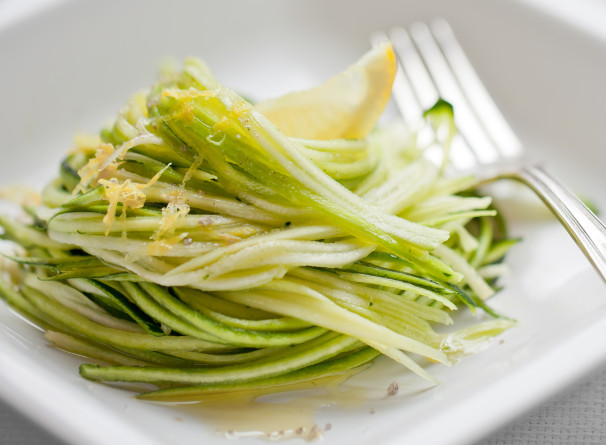One ingredient restaurants highly rely on is cooking oil because it’s used in preparing a variety of foods.
The most recent cooking oil on the block, high oleic (o-lay-ik) sunflower oil. It’s growing in popularity among restaurants locally and nationally who are committed to sourcing quality ingredients that you can feel good about eating. The reason for it’s popularity, high oleic sunflower oil has nutritional benefits for the health-conscious customer, it’s neutral in flavor and has a long shelf life.
Read More
As consumers, we’re becoming increasingly concerned with where our food comes from, and the demand for "all-natural" and “organic” foods is on the rise. But do you know what those labels really mean? Does “all-natural” mean anything when you can find it on a bag of Cheetos?
Read More
Aiming to emphasize the two things we’ve been told to pay more attention to: calories and serving size.
When it comes to eating well, anything and everything in the produce department fits into a healthy diet. But when it comes to packaged foods, like yogurt or cereal, the healthiest choice amongst the many brands isn’t quite as clear. How do you decide which is the most nutritious choice for your family? Deciphering the familiar black and white Nutrition Facts labels found on the back of food packages can be overwhelming and a bit confusing. However, choosing healthier foods in the grocery aisle may soon be a lot easier.
Read More
This ancient grain has gained popularity amongst modern meals, but what exactly is quinoa? And what’s so special about it when it comes to health?
Although it’s classified as a grain, quinoa (pronounced KEEN-wah) is technically not a grain at all; it’s actually what is called a “pseudo-cereal”—a name for foods that are prepared and consumed as grains, but botanically are neither grains nor grasses. Harvested from three to nine foot tall magenta stalks, quinoa is natively grown high in the Andes of South America and just recently grown in high-altitude areas near the Rockies.
Read More
Do you know how beneficial almonds are for your health?
February 16th marks the official day to celebrate everyone’s favorite nut, the almond! In honor of National Almond Day, proceed to enjoy a handful of this crunchy superfood as we give a handful of reasons to celebrate their goodness.
Read More
As juice cleanses gain in popularity among celebrities and brides-to-be, it’s time to take a closer look at the myths and facts around juice cleanses.
A juice cleanse or fast is a diet where a person limits their consumption to only fresh fruit and vegetable juice, water, and the occasional nut-milk for a week or more. I’m not talking about the orange juice you find in your local grocery store, a cleanse focuses on freshly-made, unpasteurized juice that’s made at home with a juicer or bought from a manufacturer of juice cleanse products.
Read More
After completing a recent interview for WCCO’s Good Question, it got me thinking, how do I better explain “everything in moderation”?
The question that sparked this debate was, “How often should we eat fries?” After I responded with the familiar dietitian phrase “moderation is key,” I knew the next question was going to be, “What is moderation?”
Read More
Did you know bacteria could make you healthier?
The probiotic powerhouse Kefir (pronounced ka-feer) could do just that. Your intestinal tract is filled with a balance of good and bad bacteria. That balance can be easily thrown off from everyday lifestyle stressors such as antibiotics, infections, alcohol consumption, travel, a low fiber diet, or stress. Kefir is packed full of good bacteria that can keep the balance of good and bad bacteria living in your intestine in check
Read More
